HOMEOPATHIC MEDICINE FOR ECZEMA
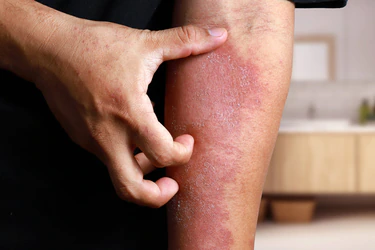 Dermatitis, often referred to as eczema in clinical terms, is a complex skin condition characterized by an inflammatory response triggered by a wide range of agents that can affect the skin from both external and internal sources. These factors may include exposure to chemicals and drugs, hypersensitivity reactions to various antigens and haptens, among others. As a result, dermatitis can manifest in various clinical forms, each with its distinct characteristics:
Dermatitis, often referred to as eczema in clinical terms, is a complex skin condition characterized by an inflammatory response triggered by a wide range of agents that can affect the skin from both external and internal sources. These factors may include exposure to chemicals and drugs, hypersensitivity reactions to various antigens and haptens, among others. As a result, dermatitis can manifest in various clinical forms, each with its distinct characteristics:
Contact Dermatitis: This type of dermatitis occurs when the skin comes into contact with irritants or allergens. It is often characterized by redness, itching, and sometimes blistering at the site of contact.
Atopic Dermatitis: Atopic dermatitis is a chronic form of eczema with a strong genetic component. It typically presents with intense itching, redness, and dry, scaly skin, often affecting the face, neck, and joints.
Drug-Induced Dermatitis: Some medications can lead to dermatitis as an adverse reaction. This form of dermatitis may manifest with various symptoms and severity depending on the specific drug.
Photo-Eczematous Dermatitis: This type of dermatitis is triggered by exposure to sunlight or specific wavelengths of light. It can result in redness, itching, and skin changes in sun-exposed areas.
Primary Irritant Dermatitis: This occurs when the skin is exposed to strong irritants, leading to localized inflammation, redness, and potential blistering.
In addition to these clinical types, dermatitis encompasses various idiopathic skin disorders, which means their exact cause may not be well understood:
Pompholyx: Characterized by the formation of small, itchy blisters on the hands and feet.
Seborrheic Dermatitis: Involves red, itchy, and scaly skin, often affecting areas with many sebaceous glands, such as the scalp and face.
Exfoliative Dermatitis (Erythroderma): A severe form of dermatitis, where a significant portion of the body’s skin becomes red, inflamed, and may peel.
Neurodermatitis (Lichen Simplex Chronicus): This condition results from chronic itching and scratching, leading to localized thickening of the skin.
Regardless of the specific clinical type, dermatitis typically presents with common features such as itching, redness (erythema) accompanied by swelling (oedema), oozing, and scaling. These symptoms may vary in intensity depending on the underlying cause and individual factors.
Homeopathic Medicine
1. Graphites
Thick, oozing, and crusty eruptions: Skin eruptions that are thick, honey-like or sticky in consistency, and ooze a clear or sticky fluid. Skin covered with crusts or scabs.
Sensitive skin: Skin sensitive to touch, and scratching or rubbing worsen the condition.
Itching and burning: Intense itching and burning sensations are common in eczema cases where Graphites is considered.
Aggravation from heat: Eczema symptoms worsen with exposure to heat, warmth, or warmth of the bed. Warm applications or warm weather also exacerbate symptoms.
Improvement in cool, fresh air: Eczema symptoms improve when exposed to fresh, cool air.
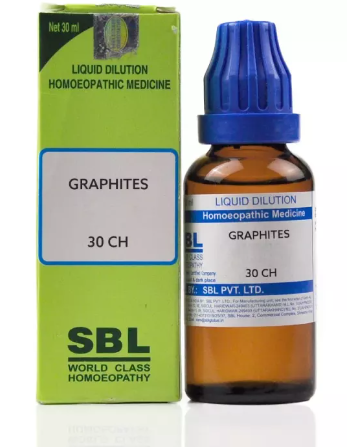
2. Arsenicum album
Intense Itching: Eczema with extreme itching.
Restlessness: Experience restlessness and anxiety. Feel constant need to move or change positions due to the discomfort caused by the itching and burning.
Dry Skin: Eczema with dry, scaly skin. The skin may be rough and parched.
Aggravation at Night: Symptoms that worsen at night, especially between midnight and 2 a.m., are key characteristic.
Desire for Warmth: Strong desire for warmth. Feel better when they can apply heat to the affected area.
Thirst for Small Sips: Increased thirst, but the person prefers to drink small sips of water at frequent intervals.
Worsening from Cold: Symptoms worsen in cold or damp weather, and the individual is sensitive to cold.
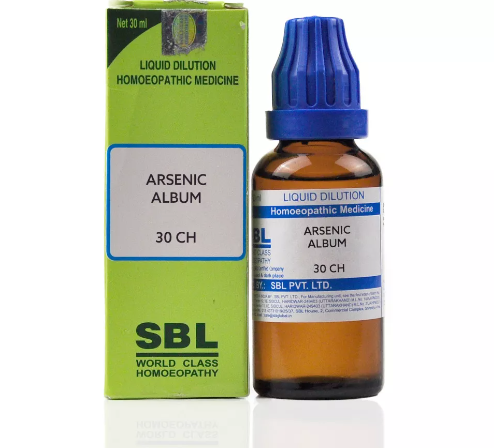
3. Causticum
Painful Cracks: Eczema with painful, deep cracks in the skin. These cracks can be extremely uncomfortable and bleed or ooze.
Fingertips: Eczema that affects the hands, especially the fingertips and the webbed skin between the fingers.
Dryness: Excessively dry, rough, and scaly. Dryness associated with itching.
Sensation of Tightness: Experience sensation of tightness or constriction in the affected skin areas.
Sensitivity to Cold: Sensitive to cold and experience worsening eczema in cold, damp weather.
Emotional Distress: History of grief, emotional stress or sadness.
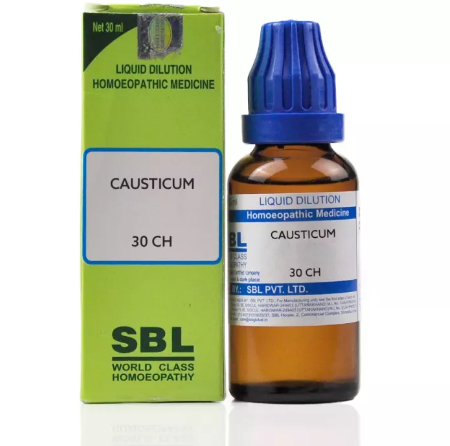
4. Calendula
Redness and Inflammation: Calendula alleviate redness and inflammation associated with eczema. It is known for its anti-inflammatory properties.
Itching: Calendula provide relief by reducing itching and discomfort.
Dry or Cracked Skin: Moisturize and hydrate dry or cracked skin.
Wound Healing: Wound-healing properties, which is beneficial in open sores, cuts, or damaged skin.
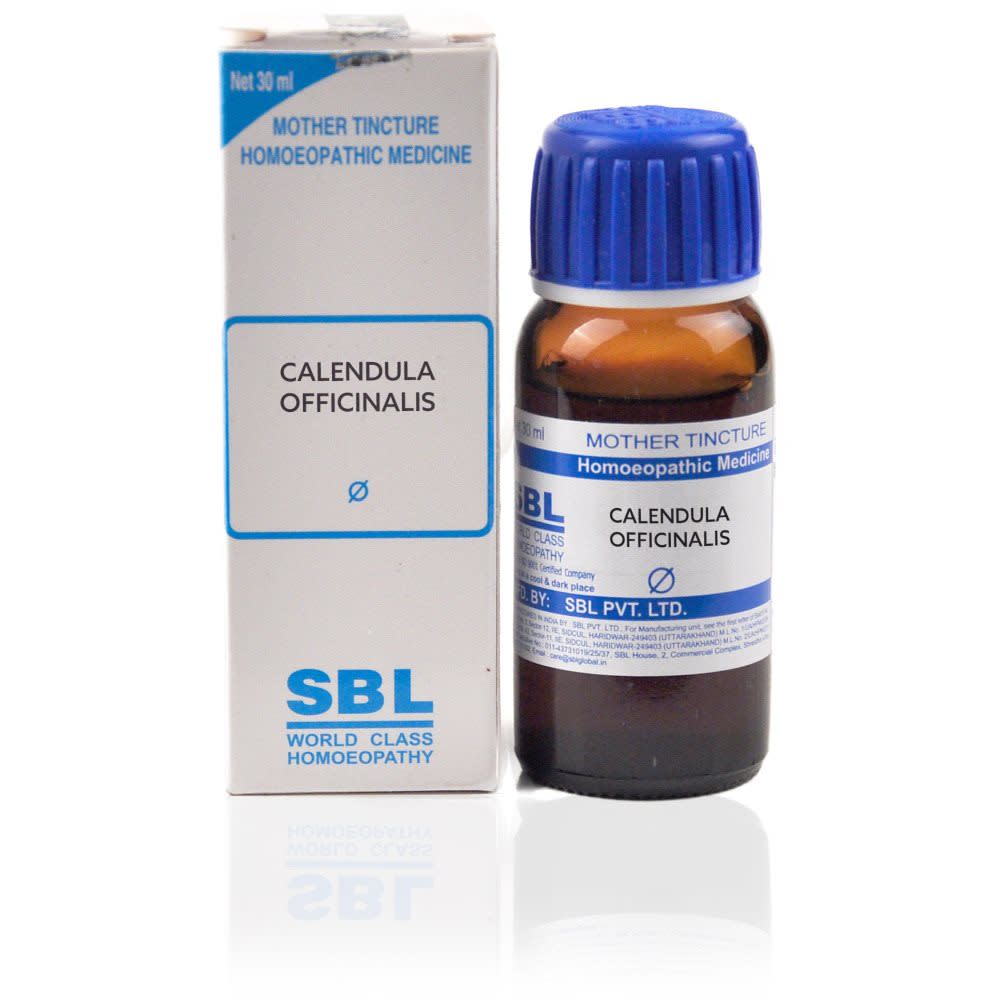
5. Petroleum
Dryness and Cracking: Extreme dryness of the skin, which can lead to deep, painful cracks. The skin feel hard and thick. Cracks ooze clear, sticky fluid.
Worsening in Winter: Tends to worsen during the winter or cold weather. Cold and dry conditions exacerbate the symptoms.
Itching and Burning: Intense itching and burning sensations, especially in the affected areas. Itching tends to make the condition worse.
Hands and Fingers: Eczema that predominantly affects the hands, especially the fingers. The skin on the hands become rough, dry, and cracked.
Aggravation from Washing: Symptoms worsen after washing or exposure to water. Washing affected areas lead to increased dryness and discomfort.
Better in Open Air: Sense of relief and improvement when in open air or in a well-ventilated area.

6. Hydrastis Canadensis
Thick, yellow, or greenish discharge: Hydrastis is associated with thick, tenacious discharges from mucous membranes. Eczema exhibits similar characteristics, such as thick, oozing, or sticky discharge, then Hydrastis is one of the best remedy.
Crusting and yellow scabs: Eczema presents with thick yellow or greenish crusts and scabs.
Burning and itching: Sensation of burning and itching in the affected area.
Eczema in mucous membrane areas: Affinity for mucous membranes, considered when eczema occurs in areas with mucous membranes, such as around the eyes, nose, or mouth.
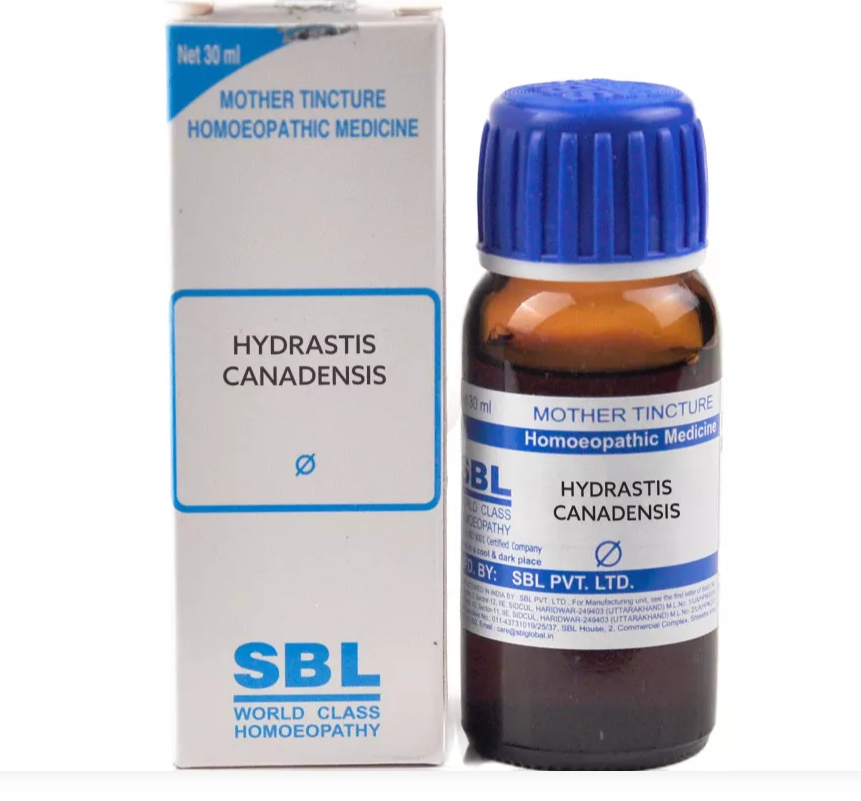
7. Mezereum
Thick, hard crusts: Thick, hard, yellowish or greenish crusts, which are very difficult to remove.
Deep cracks in the skin: Deep, painful cracks or fissures that tend to bleed and ooze.
Intense itching and burning: Itching and burning sensation in the infected areas, causing severe discomfort.
Eczema on the scalp: Affects the scalp, with thick crusts and matting of the hair.
Worse in cold, wet weather: Worsen in cold, damp weather, and the skin feel better in warm, dry conditions.
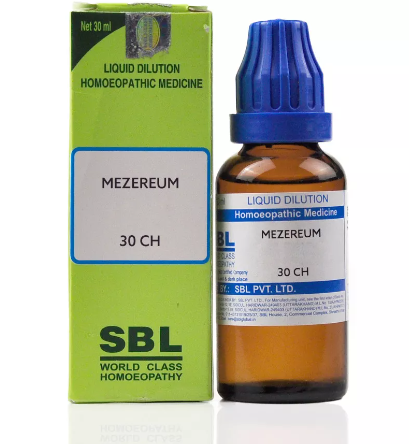
8. Silicea
Ulceration and Suppuration: Eczema with a tendency for ulceration, suppuration (formation of pus), and slow-healing sores. In such cases, the skin break easily, leading to open wounds and discharge.
Hardened Skin: Affected areas becomes thickened, indurated, and hard. The skin feel tight and painful, and tendency to crack.
Cold Sensitivity: General sensitivity to cold. They feel chilly even in warm weather and experience worsening of eczema symptoms in cold conditions.
Nail and Hair Symptoms: Nail and hair issues accompanying eczema. Include slow nail growth, brittle nails, and a tendency to develop hangnails.
Nervousness and Lack of Confidence: Individuals who are nervous, anxious, and lack self-confidence.
Sensitivity to Touch: Skin very sensitive to touch, and the person experience sharp, stinging pains in the affected areas.
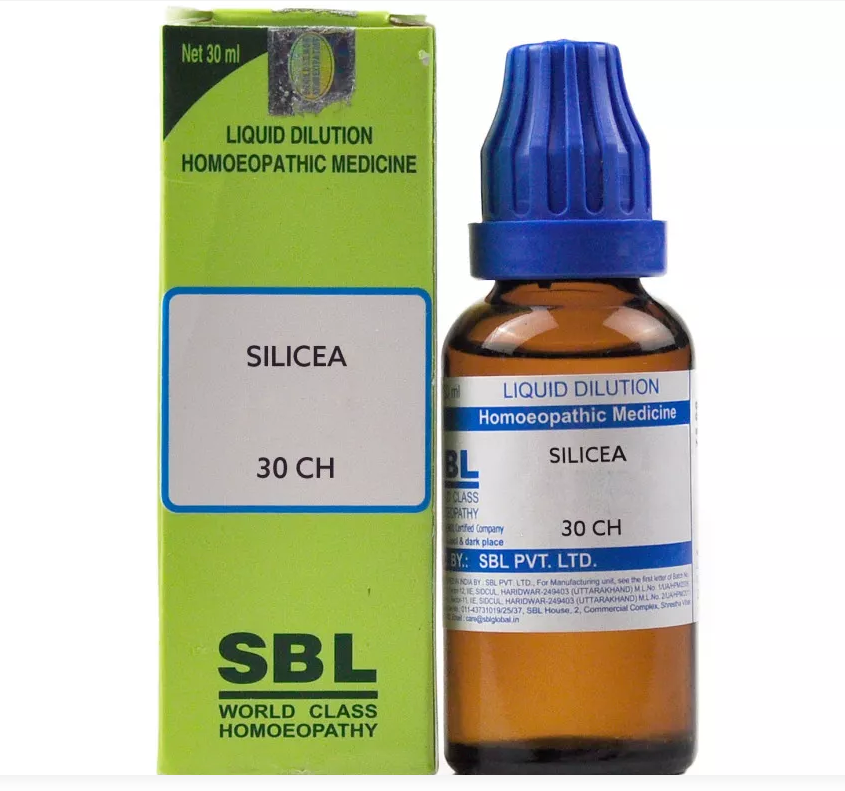
Medicine images use for reference only selection of homeopathic medicine depends on the individual’s specific symptoms and overall constitution. Moreover, homeopathy is a holistic system of medicine that treats the individual as a whole. In addition to addressing the physical symptoms, it takes into account the emotional and mental state of the person. Consequently, it’s crucial to consult with a qualified homeopathic practitioner for personalized treatment.
The information provided on this website is intended solely for educational purposes. Always seek the advice of your physician or other qualified health provider.

Pingback: HOMEOPATHIC MEDICINE FOR PSORIASIS - HOMOEO HEALING